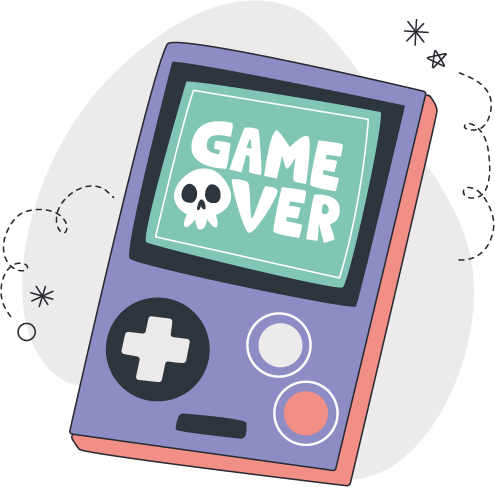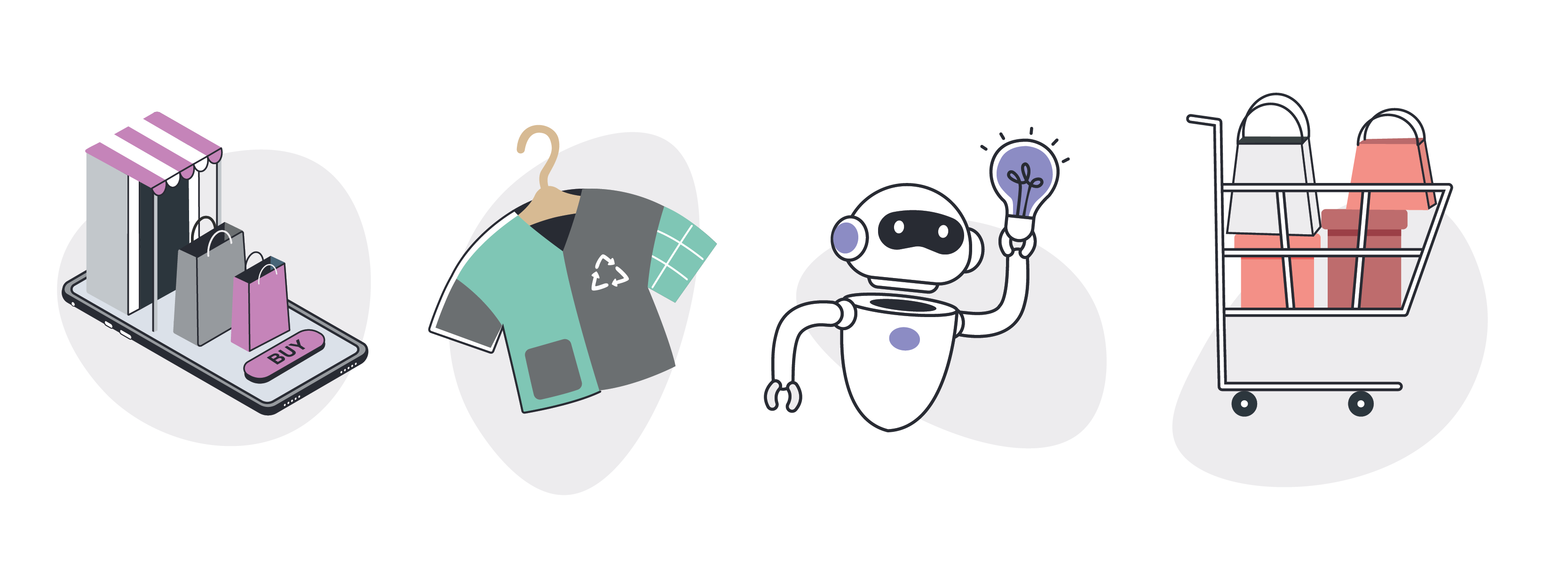The year was 2006, and in Nepal, a 20-day curfew was imposed. I was just 10 years old back then, blissfully unaware of the political turmoil unfolding around me. To my delight, school was closed, and like most kids my age, the lack of homework felt like a mini-vacation—a rare treat, especially since online classes were non-existent at that time!
By coincidence, just three days before the curfew began, I had purchased two video games purely based on their intriguing covers with no idea what to expect: Grand Theft Auto: Vice City and Silent Hill 2. During those 20 days of confinement at home, I immersed myself in both titles and finished both games. And so, my passion for video games was born.
Looking back on my years of playing video games, I have come to realise that they are more than just entertainment; they provide valuable guidance for our personal and professional lives. So, the next time you play a game, remember it’s not just about having fun; you might learn something that can help you in the real world!

Critical Thinking:
Critical thinking is an essential skill developed through gameplay, as many video games place players in situations that require careful evaluation and rapid decision-making. Players frequently encounter intricate challenges where they need to analyse information or consider possible outcomes. For example, strategy games often demand that players manage resources, predict their opponents’ actions, and adapt their strategies accordingly. This ongoing cycle of refining tactics indirectly hones problem-solving abilities. In a business setting, these critical thinking skills are essential when it comes to making informed decisions, assessing risks, and developing effective strategies – all key skills whatever department you’re in.

Innovation and Creativity:
Video games are everyday reminders and representation of innovation and creativity that companies are capable of, with each new release propelling the industry to constantly evolve and compete for better. Developers explore new gameplay mechanics, narrative styles, and immersive technologies, expanding the boundaries to enhance player engagement. This spirit of innovation creates an environment where creative thinking is essential. Companies can implement similar approaches by promoting collaborative brainstorming sessions, valuing diverse perspectives and ideas, and encouraging calculated risks. Through creativity, businesses can create distinctive products, draw in loyal audiences, and maintain competitiveness in a fast-changing market. In its best moments, the gaming industry illustrates how innovation can lead to remarkable results and inspire fresh perspectives.
Storytelling:
Outstanding video games are celebrated for their engaging storytelling, which captivates players and enriches their experiences. Through immersive narratives, games forge emotional bonds that resonate with audiences. Storytelling is a great tool to leverage to connect with customers on a personal level, enabling them to relate back to the brand’s values and mission. Strong storytelling helps a brand stand out in a competitive marketplace, making a product, company or message more memorable to audiences. By incorporating genuine narratives, that tune into genuine user needs into marketing approaches, companies can ignite interest, strengthen connections, and foster loyalty with their audience, all helping to enhance their brand identity.
Emotional Engagement:
Much like the golden era of advertising, games are effective mediums for evoking strong emotions, with realistic dialogues, unforgettable characters, or immersive gameplay experiences. Emotional engagement to build stronger connections with their customers. By appealing to feelings like joy, nostalgia, or even personal challenges, companies can create impactful experiences that resonate personally. A famous study in 2014 revealed that consumers are more likely to spend money on brands that evoke nostalgia, and this marketing phenomena is only accelerating post pandemic. Understanding and addressing the emotional needs of their audience enables companies to cultivate loyalty and trust. By designing campaigns that evoke emotions—whether through storytelling, visuals, or community involvement—businesses stand out, encouraging lasting relationships and increasing the likelihood of a customer’s return.

Learn Quickly by Embracing Failure:
Many games embody a “fail fast, learn fast” approach, prompting players to experiment, make mistakes, and retry without the fear of serious repercussions. This iterative process cultivates resilience and creativity, as players gain insights from their failures to refine their strategies. Businesses can take on a similar perspective by regarding setbacks as important learning moments rather than failures. Fostering a culture of experimentation enables teams to innovate and adapt swiftly. By examining mistakes and applying those lessons, companies can improve their products and services. This strategy encourages ongoing improvement and agility, ultimately leading to increased success and a more engaged workforce.
As we move into 2025, the retail industry continues to evolve, shaped by advances in technology, a growing emphasis on sustainability, and shifting consumer habits. The pandemic may have accelerated many of these changes, but now is time to fully embrace these new realities and meet consumers’ rising expectations. In this changing landscape, brands need to reconsider how they connect with their customers and find ways to stand out in an increasingly competitive and digital global market.

In 2025, the omnichannel shopping experience will be more important than ever. Consumers expect seamless interactions between the online and physical worlds. Brands will need to deliver smooth, integrated experiences by leveraging technologies like augmented reality, artificial intelligence, and personalisation to meet each customer’s individual needs. According to a McKinsey report, integrating digital and physical channels will be essential for enhancing customer loyalty and maximising sales.
Sustainability will be a key factor. Brands that fail to adopt responsible practices risk losing customers to those that do. This involves not only producing eco-friendly products but also reducing the carbon footprint of their operations. According to Euromonitor International, many consumers in Europe are already willing to pay a premium price for sustainable and ethically responsible products. Companies that lead in this area, such as those using recyclable materials or greener manufacturing processes, will be better positioned to attract an increasingly environmentally conscious audience.
Artificial intelligence will play an even greater role in shopping experiences. This technology will allow brands to predict consumer needs, optimise inventory in real time, and provide even more personalised recommendations. According to Accenture, brands that effectively adopt AI to deliver more relevant shopping experiences will see higher customer retention and improved sales conversion rates. Additionally, automating recommendations and pricing optimisation will enhance both operational efficiency and customer satisfaction.
Although online shopping continues to grow, physical stores remain a vital part of the retail landscape. These will evolve into spaces where customers can engage with the brand in meaningful ways. Integrating technologies like virtual reality and interactive displays will allow customers to experience products in innovative ways. According to PwC retailers that provide engaging and personalised in-store experiences will have an edge over competitors who sell exclusively online.
We are entering a year of transformation and adaptation for the retail sector. Brands that prioritise sustainability, integrate new technologies, and deliver memorable, personalised shopping experiences will be best positioned to succeed. The real challenge will be staying ahead in a rapidly changing market where expectations are higher than ever.
So, how can brands take control of this new landscape?
Adapting to such trends is no easy task. The support, creativity, and expertise of professionals in motivation and engagement can turn this challenge into an opportunity for your company to stand out. At Motivait, we help brands connect with their customers through loyalty programmes that build strong relationships, increase loyalty, and drive profitable business growth.
In a market with rising expectations and more demanding consumers, having an effective loyalty programme is not just an advantage, it’s a necessity. The right tools can transform the shopping experience and turn customers into genuine brand ambassadors.
UK Offices
Newcastle
The Core 5.22
Newcastle Helix
Bath Lane
Newcastle upon Tyne
NE4 5TF
+44 191 495 7340
Spain Offices
Madrid
Av. de Bruselas, 13
Ed. América
28108 Alcobendas
+34 91 425 86 57




